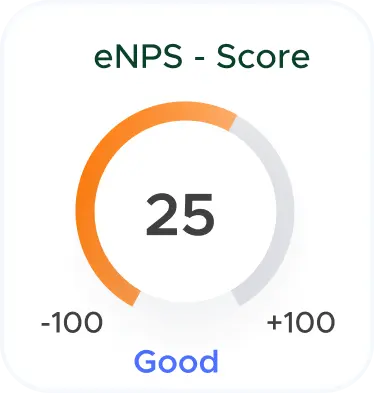Fixed vs variable compensation: What is the difference?
Fixed compensation refers to the stable, predetermined amount of money an employee receives regularly, such as a monthly or annual salary. It remains constant over a certain period and is not directly tied to individual or company performance.
Variable compensation, on the other hand, is the portion of an employee's compensation that fluctuates based on performance. It is contingent upon achieving specific performance goals, targets, or metrics and can take the form of bonuses, commissions, profit-sharing, or equity-based incentives.

.svg)













.svg)



.svg)
.svg)